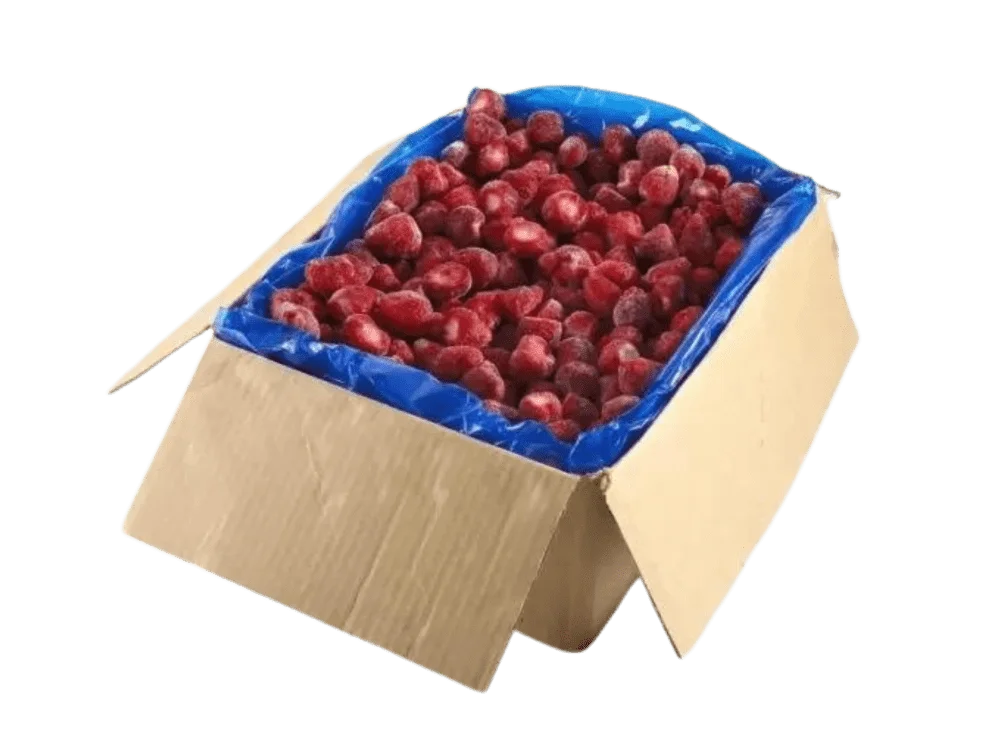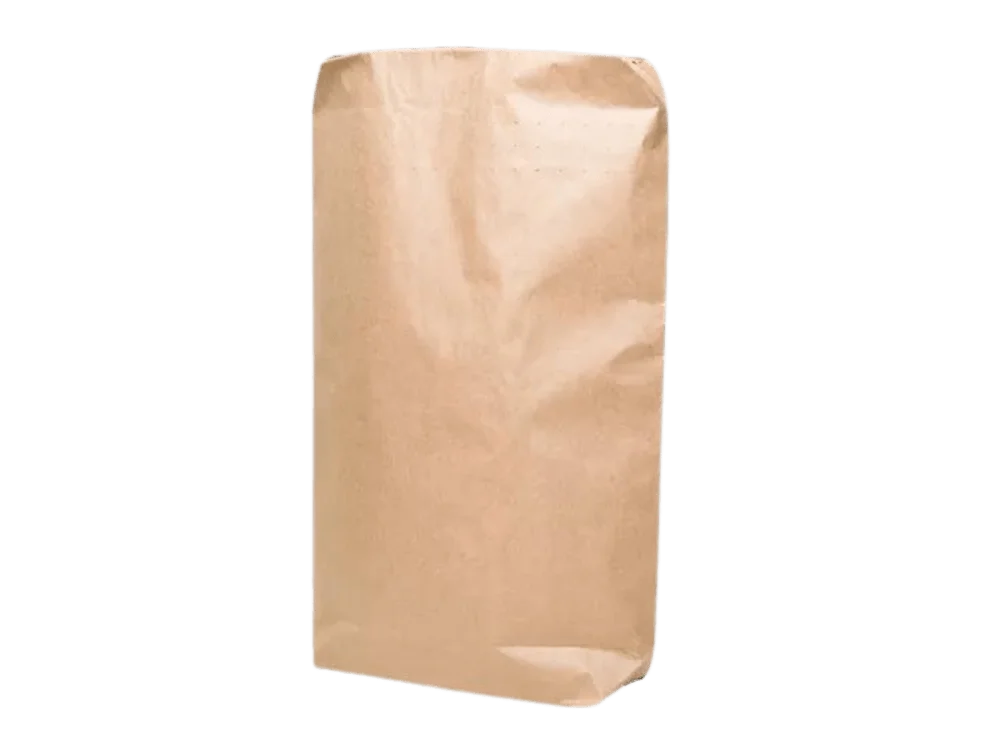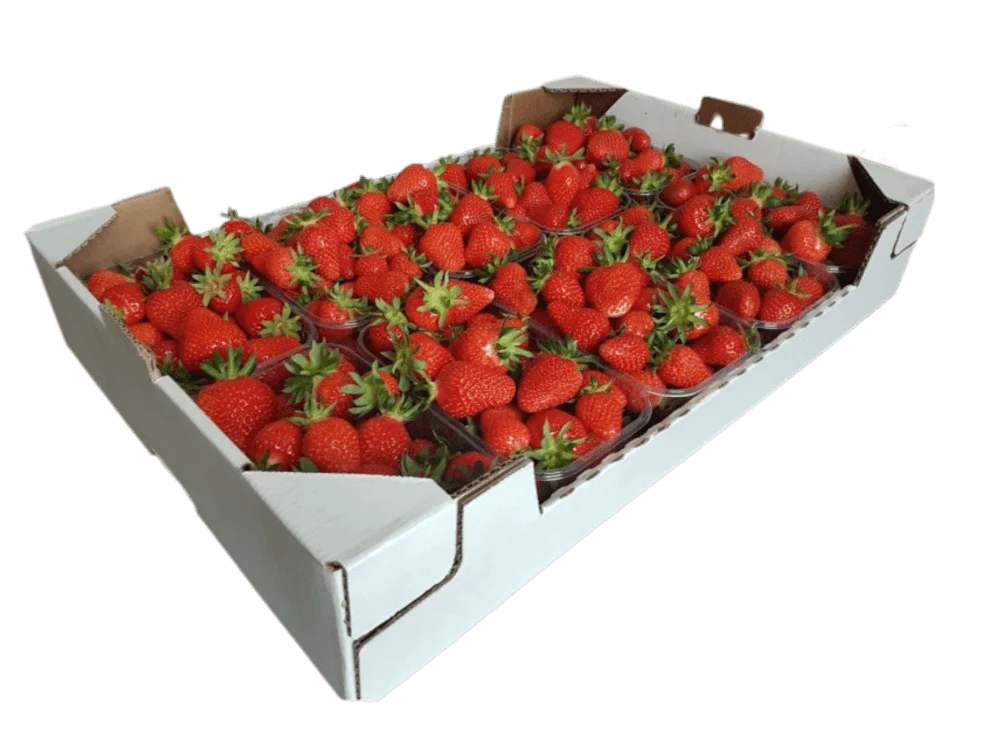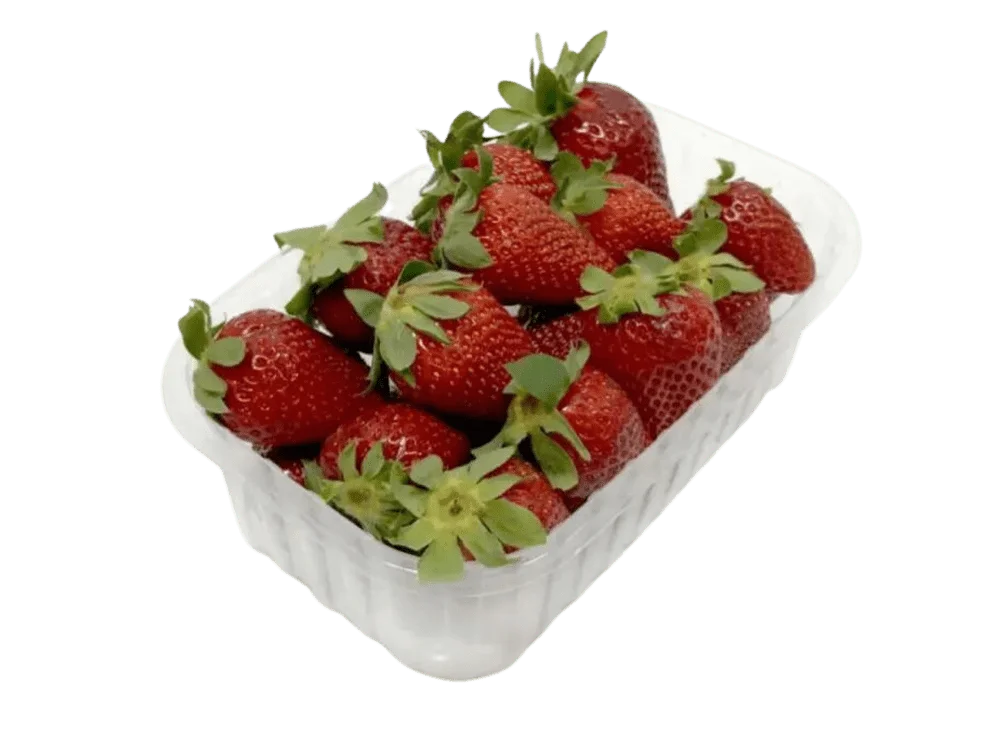Strawberry
b1
b2
a
b6
с
b9
h
e
mg
fe
Strawberry is a perennial herbaceous plant, the bush reaches a
height of 20-25 cm to 35-45 cm in different varieties. The
leaves are large, trifoliate, on strong short petioles,
collected in a rosette. Peduncles in some varieties are higher
than the rosette of leaves, in others they are lower.
Inflorescence - many-flowered.
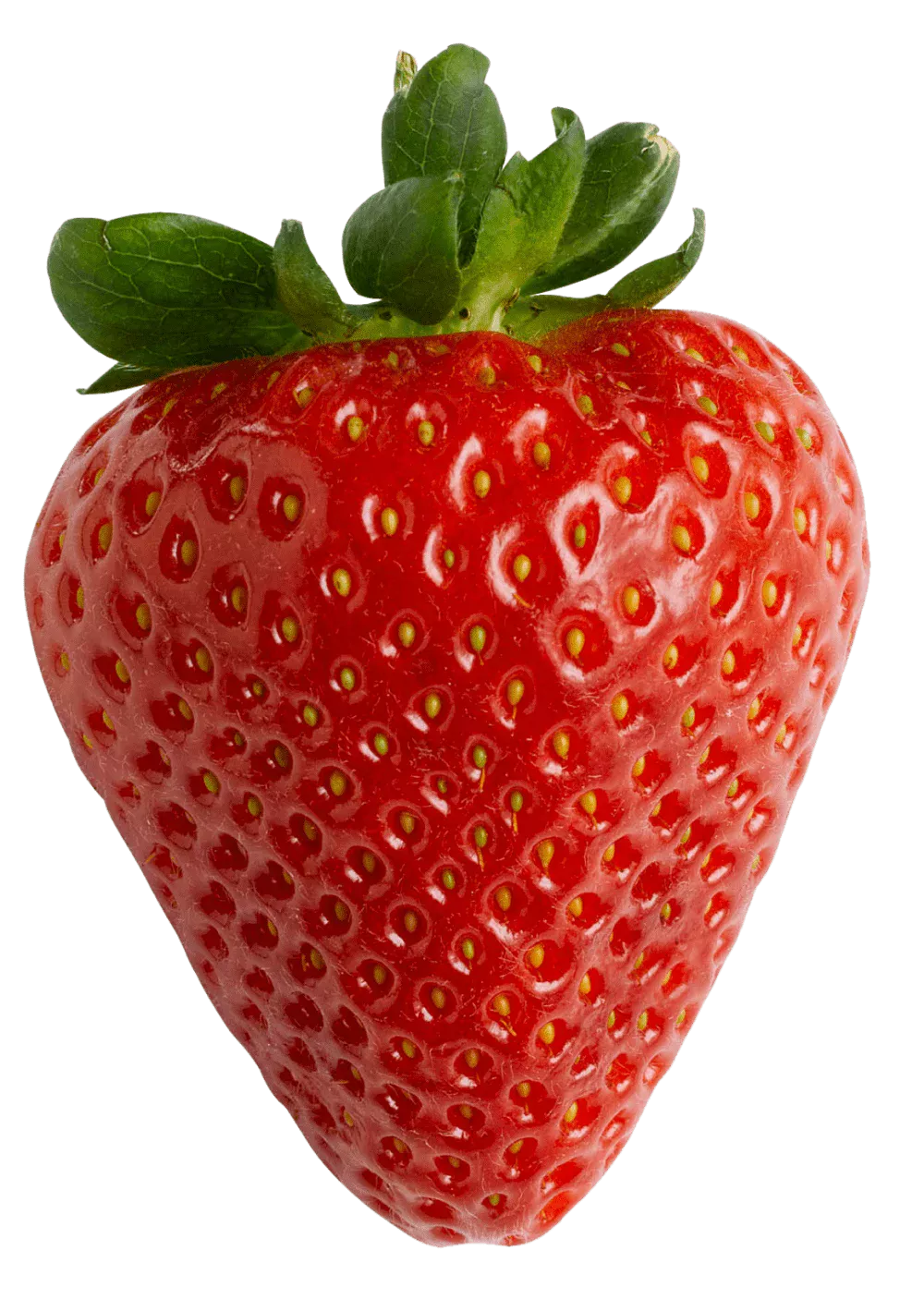
-
Nutrition
Raw strawberries are 91% water, 8% carbohydrates, 1% protein, and contain negligible fat (table). A 100 gram reference amount of strawberries supplies 33 kilocalories, is a rich source of vitamin C (71% of the Daily Value, DV), a good source of manganese (18% DV), and provides several other vitamins and dietary minerals in small amounts. -
Phytochemicals
Garden strawberries contain the dimeric ellagitannin agrimoniin which is an isomer of sanguiin H-6. Other polyphenols present include flavonoids, such as anthocyanins, flavanols, flavonols and phenolic acids, such as hydroxybenzoic acid and hydroxycinnamic acid. Strawberries contain fisetin and possess higher levels of this flavonoid than other fruits. Although achenes comprise only about 1% of total fresh weight of a strawberry, they contribute 11% of the total polyphenol in the whole fruit; achene phytochemicals include ellagic acid, ellagic acid glycosides, and ellagitannins.
-
Flavor and fragrance
As strawberry flavor and fragrance are characteristics that may appeal to consumers, they are used widely in a variety of manufacturing, including foods, beverages, confections, perfumes and cosmetics.
Sweetness, fragrance and complex flavor are favorable attributes.[18] In plant breeding and farming, emphasis is placed on sugars, acids, and volatile compounds, which improve the taste and fragrance of a ripe strawberry. -
Genetics
Modern strawberries are octoploid (8 sets of chromosomes). -
Color
Pelargonidin-3-glucoside is the major anthocyanin in strawberries and cyanidin-3-glucoside is found in smaller proportions. Although glucose seems to be the most common substituting sugar in strawberry anthocyanins, rutinose, arabinose, and rhamnose conjugates have been found in some strawberry cultivars.
Packaging
FROZEN -18°WHOLE
10 kg box
25 kg box
FRESH 2-4°WHOLE
0,5 kg basket/20 baskets in box
FROZEN -18°FRESH 2-4°
WHOLEWHOLE
10 kg box
25 kg box
0,5 kg basket/20 baskets in box

